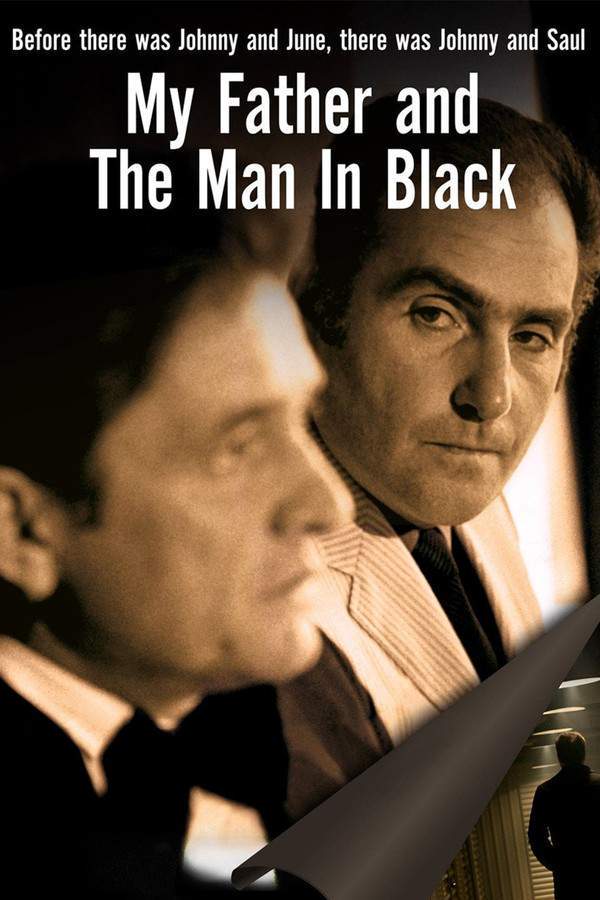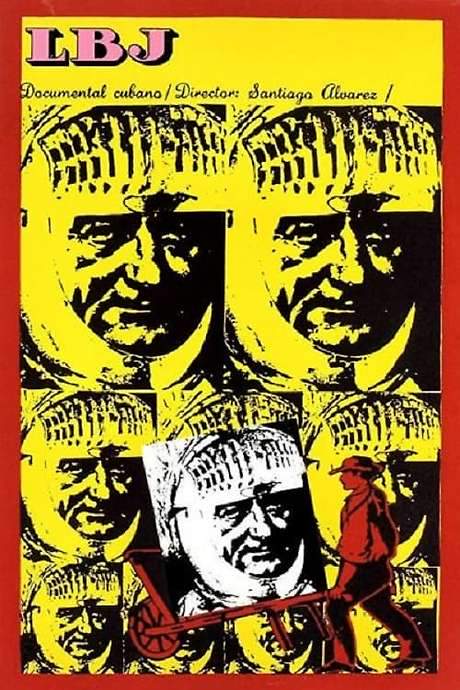
Rabin in His Own Words
Year: 2016
Runtime: 110 min
Language: Hebrew
Director: Erez Laufer
This documentary explores the life and legacy of Israeli leader Yitzhak Rabin, primarily through his own words and personal materials. Archival footage, home movies, and private letters reveal his journey from a labor leader’s son to a farmer, soldier, and ultimately, Prime Minister. The film chronicles his significant achievements and challenges, including his role in the peace process, and culminates in the events surrounding his assassination.
Warning: spoilers below!
Haven’t seen Rabin in His Own Words yet? This summary contains major spoilers. Bookmark the page, watch the movie, and come back for the full breakdown. If you're ready, scroll on and relive the story!
Timeline – Rabin in His Own Words (2016)
Trace every key event in Rabin in His Own Words (2016) with our detailed, chronological timeline. Perfect for unpacking nonlinear stories, spotting hidden connections, and understanding how each scene builds toward the film’s climax. Whether you're revisiting or decoding for the first time, this timeline gives you the full picture.
Last Updated: October 25, 2024 at 11:31
Explore Movie Threads
Discover curated groups of movies connected by mood, themes, and story style. Browse collections built around emotion, atmosphere, and narrative focus to easily find films that match what you feel like watching right now.
Documentaries about political downfall like Rabin in His Own Words
Documentaries exploring the tragic collapse of powerful political figures.This section features movies like Rabin in His Own Words that explore the dramatic fall of political leaders. If you appreciated the critical, archival-driven examination of power and tragedy, you'll find similar documentaries and dramas here focusing on political scandals and legacies.
Narrative Summary
The narrative follows a tragic arc, typically beginning with the subject's rise to power and culminating in their inevitable political and personal collapse. The journey is marked by critical turning points, often self-inflicted, that lead to a loss of public trust and a definitive, sad ending.
Why These Movies?
These movies are grouped together because they share a dark, somber tone and a heavy emotional weight. They focus on the forensic, unsettling dissection of power and feature a steady, historical pacing that builds towards a tragic conclusion, creating a cohesive and sobering viewing experience.
Movies using personal archives like Rabin in His Own Words
Stories pieced together from private letters, recordings, and home movies.Discover films similar to Rabin in His Own Words that tell historical stories through personal archives. If you liked the intimate perspective provided by private recordings and letters in this documentary, you'll find other movies that use this technique for a revealing and personal look at history.
Narrative Summary
The narrative is constructed rather than told linearly, assembled piece by piece from primary sources. This approach creates a sense of discovery for the viewer, as the story unfolds through the subject's own words and private moments, leading to a deeper, often more critical, understanding.
Why These Movies?
These films are united by their unique storytelling method, relying on personal archives to build a narrative. They share a reflective, sometimes forensic mood, a steady pacing that allows for deep immersion, and a tone that can range from intimate to critically dark, creating a distinct and compelling genre.
Unlock the Full Story of Rabin in His Own Words
Don't stop at just watching — explore Rabin in His Own Words in full detail. From the complete plot summary and scene-by-scene timeline to character breakdowns, thematic analysis, and a deep dive into the ending — every page helps you truly understand what Rabin in His Own Words is all about. Plus, discover what's next after the movie.
Rabin in His Own Words Summary
Read a complete plot summary of Rabin in His Own Words, including all key story points, character arcs, and turning points. This in-depth recap is ideal for understanding the narrative structure or reviewing what happened in the movie.

Characters, Settings & Themes in Rabin in His Own Words
Discover the characters, locations, and core themes that shape Rabin in His Own Words. Get insights into symbolic elements, setting significance, and deeper narrative meaning — ideal for thematic analysis and movie breakdowns.

Rabin in His Own Words Spoiler-Free Summary
Get a quick, spoiler-free overview of Rabin in His Own Words that covers the main plot points and key details without revealing any major twists or spoilers. Perfect for those who want to know what to expect before diving in.

More About Rabin in His Own Words
Visit What's After the Movie to explore more about Rabin in His Own Words: box office results, cast and crew info, production details, post-credit scenes, and external links — all in one place for movie fans and researchers.

Similar Movies to Rabin in His Own Words
Discover movies like Rabin in His Own Words that share similar genres, themes, and storytelling elements. Whether you’re drawn to the atmosphere, character arcs, or plot structure, these curated recommendations will help you explore more films you’ll love.
Explore More About Movie Rabin in His Own Words
Rabin in His Own Words (2016) Plot Summary & Movie Recap
Rabin in His Own Words (2016) Scene-by-Scene Movie Timeline
Rabin in His Own Words (2016) Spoiler-Free Summary & Key Flow
Movies Like Rabin in His Own Words – Similar Titles You’ll Enjoy
The Gatekeepers (2013) Movie Recap & Themes
The Assassination of Richard Nixon (2004) Detailed Story Recap
The Oslo Diaries (2018) Spoiler-Packed Plot Recap
Rabin, the Last Day (2016) Film Overview & Timeline
Nixon (1995) Film Overview & Timeline
In the Face of Evil: Reagan's War in Word and Deed (2004) Story Summary & Characters
Follow Me: The Yoni Netanyahu Story (2012) Movie Recap & Themes
The Reagan Show (2017) Full Movie Breakdown
The Bibi Files (2024) Movie Recap & Themes
Never Stop Dreaming: The Life and Legacy of Shimon Peres (2018) Story Summary & Characters
Incitement (2019) Film Overview & Timeline
King Bibi (2018) Film Overview & Timeline
Tricky Dick (1000) Movie Recap & Themes
LBJ (1968) Film Overview & Timeline
Reagan (1998) Movie Recap & Themes












































